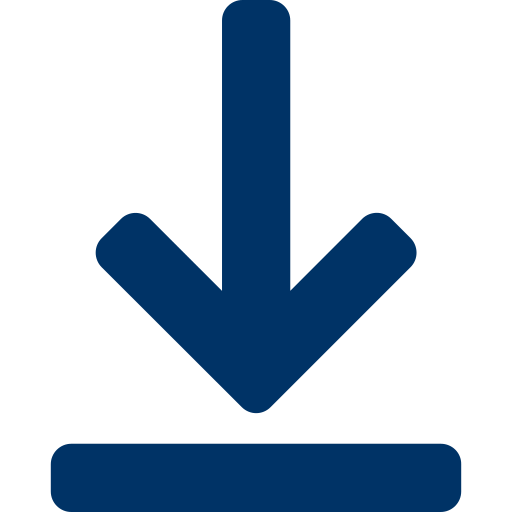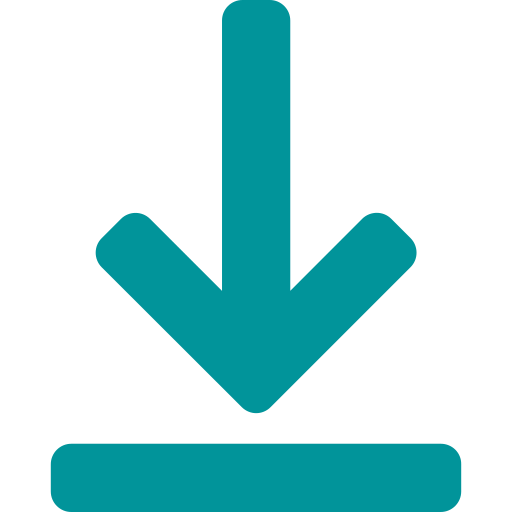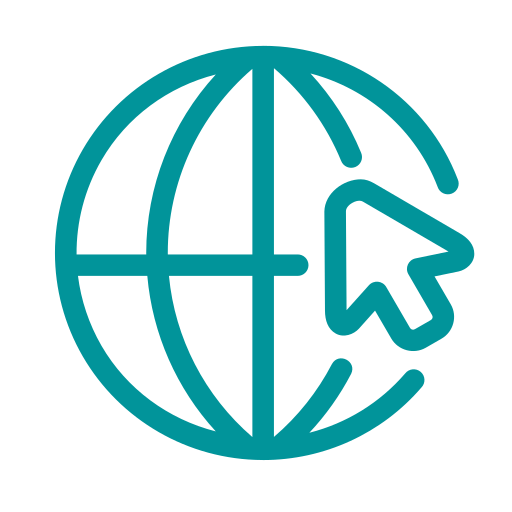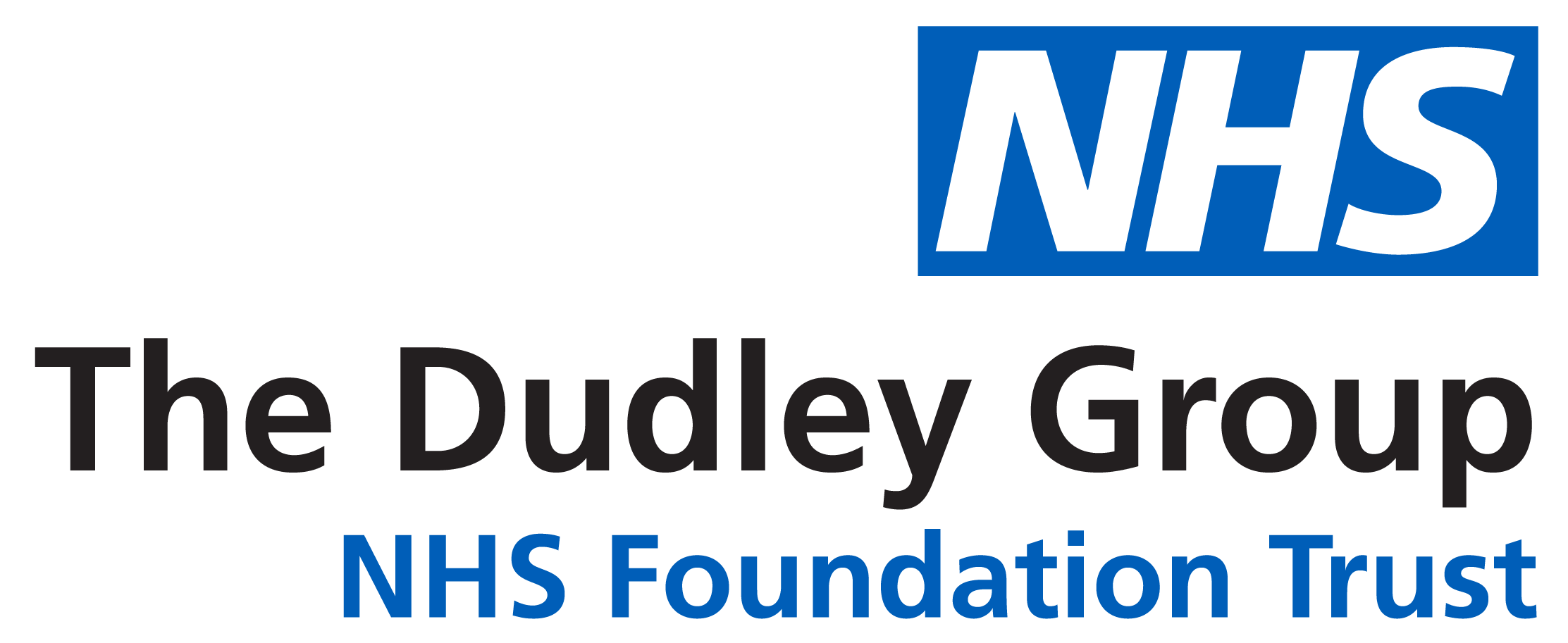Specialty
Training
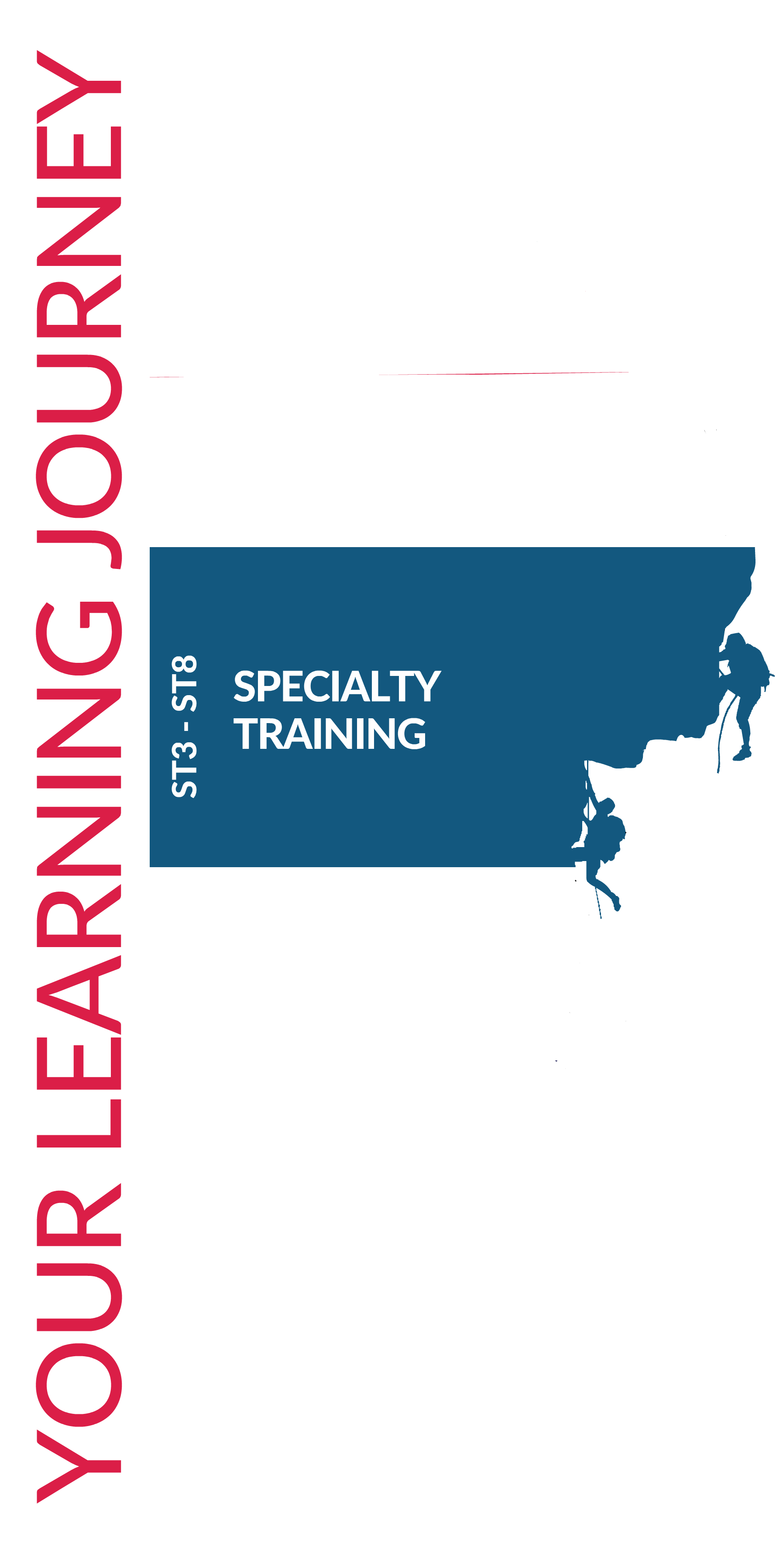
MEDICAL TRAINING FLOW CHART
SPECIALTY TRAINING
(IMT, Core Surgery and GP)
Specialty Training comprises of Internal Medicine Training (IMT), Core Surgery and General Practice (GP).
After successful completion of the Foundation programme, doctors are awarded the Foundation Programme Certificate of Completion (FPCC). They are then able to go on to training in a chosen specialty, or general practice (GP) training.
Training programmes differ in length and structure according to specialty. For example, general practice training lasts three years.
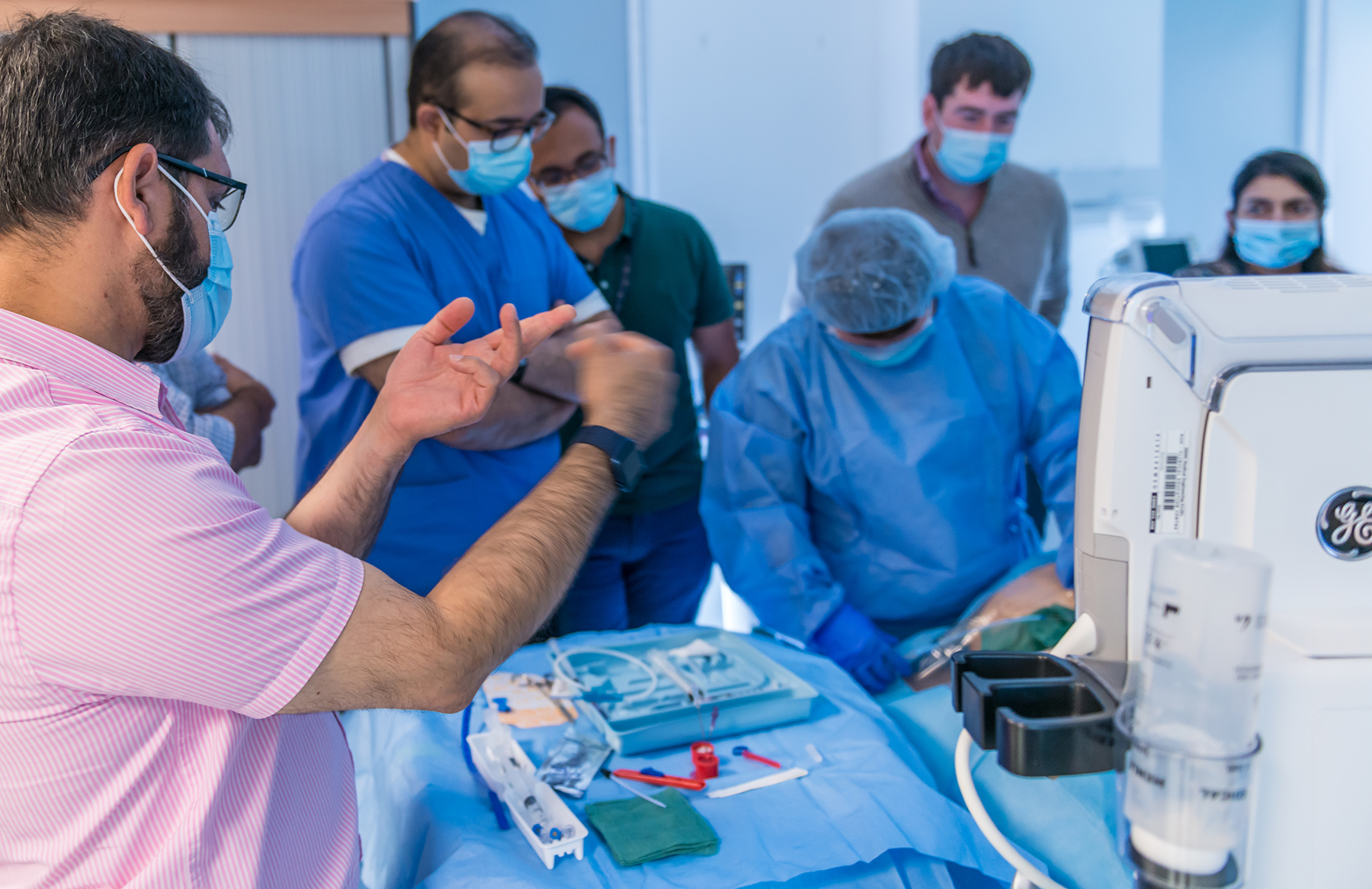
The length of training can also depend on how participants obtain the required competencies and at what rate of achievement. Taking time out can also have an impact on the length of training. For example, if doctors decide to undertake Out Of Programme Research (OOPR) or if they work under a more flexible Less Than Full Time (LTFT) arrangement.
There are a range of specialty training opportunities, such as:
- General Practice
- Internal Medicine Training
- Core Surgical Training
- Acute Care Common Stem (ACCS)
- Sub-speciality such as Paediatrics or Radiology
TYPES OF TRAINING
Programmes
Each specialty will utilise its own programme depending on the training required.
Candidates may face a high level of competition when trying to gain entry into certain areas of specialty training. This is evidenced by the volume of applications against the number of available posts.
Run-through training
Run-through programmes only need to be applied for once at the beginning of the programme. Recruitment applies to the full duration of the specialty training. The duration of training in these programmes can range from 3-7 years, depending on the particular specialty.
Uncoupled training
Other specialties consist of core training and then competitive entry into higher specialty training.
The length of core training can differ, for example:
- Core Surgical Training – two years
- Core emergency medicine and psychiatry – three years
Programme duration for higher specialty training also differs depending on the particular specialty. Again, this is very competitive and the number of applications often outstrip the number of available posts.
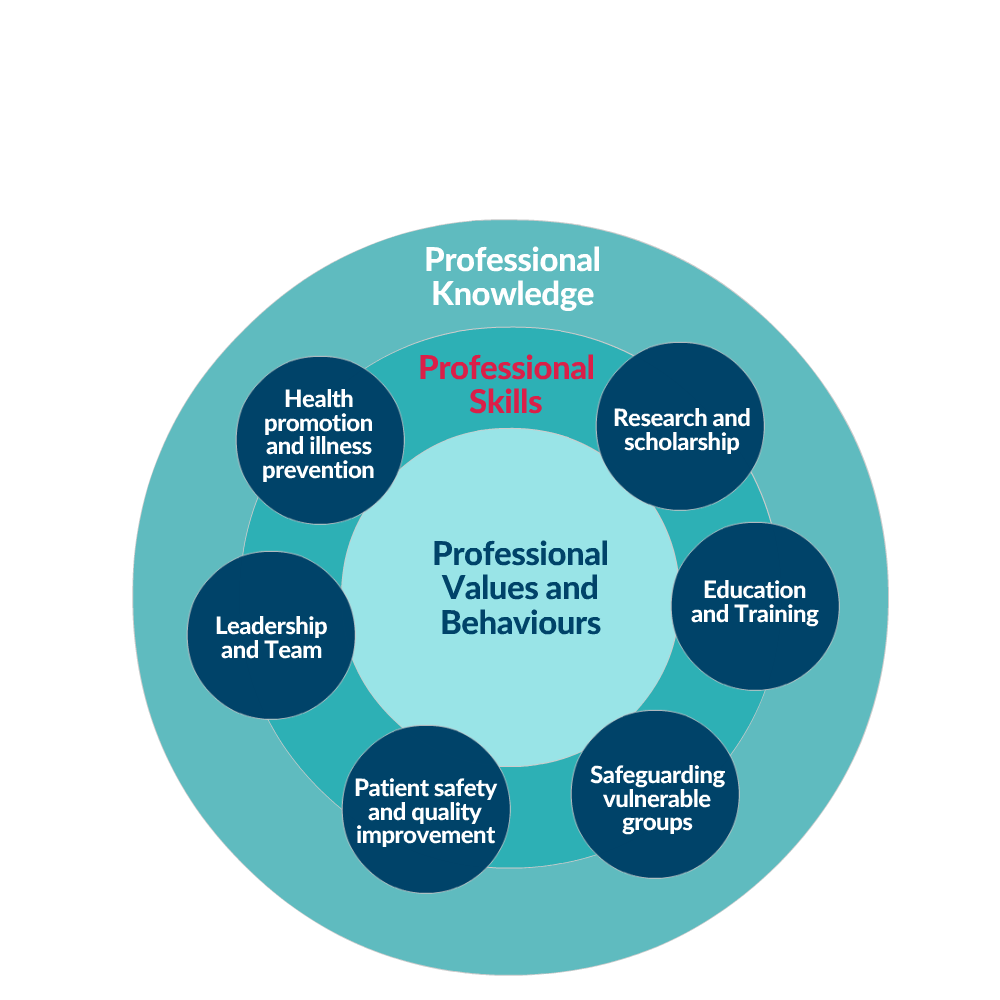
APPLYING FOR HIGHER
Specialty Programmes
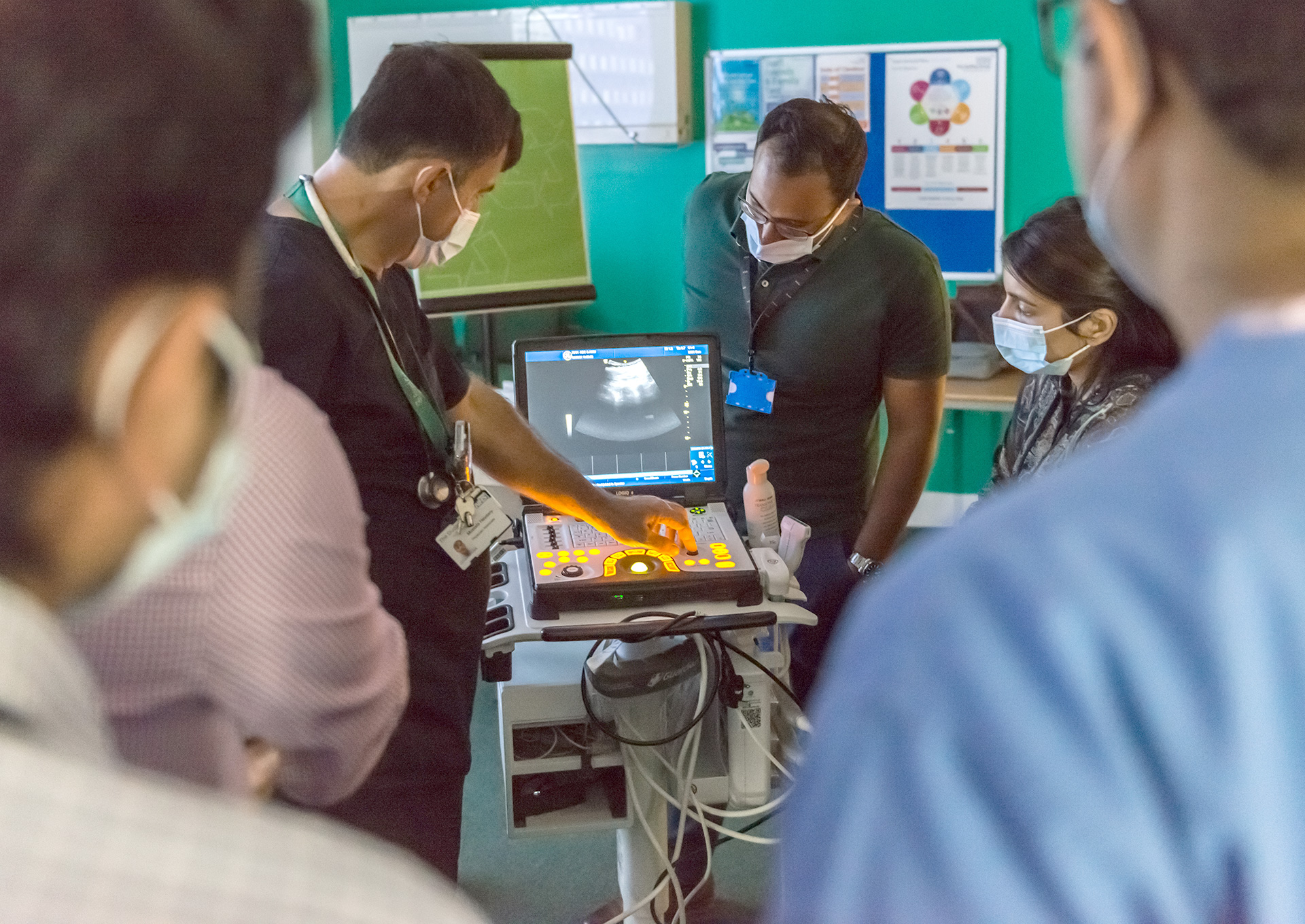
A number of specialties are not available as run-through programmes. Applicants will have to apply for the second stage of training, such as ST3 level positions.
The Applicant Handbook on the NHS Specialty Training website provides more information on this. Please visit the links at the bottom of this page.
It is a requirement to complete certain objectives in order to complete specialty training. These can range from completing annual reviews to sitting membership exams. The Certificate of Completion of training (CCT) is awarded upon completion of these objectives. It is possible to apply for consultant roles six months prior to achieving a Certificate of Completion of Training (CCT).
Specialties to choose from include:
- Anaesthetics
- Dental
- Emergency Medicine
- Obstetrics & Gynaecology
- Opthalmology
- Paediatrics
- Pharmacy
- Surgery
LINKS TO USEFUL RESOURCES
Further information and resources about your medical induction.
Below are some useful website links that can help and support your training.


